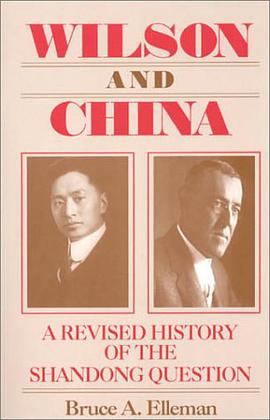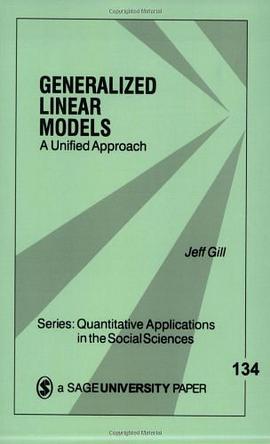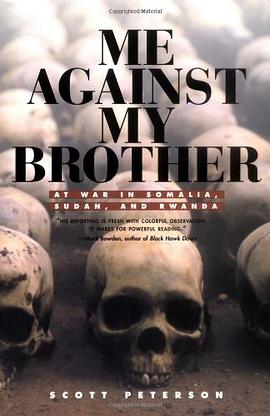

The authors in Cyber-Diplomacy look at the Canadian Department of Foreign Affairs and International Trade (DFAIT) as a case study of a foreign ministry that has had to make considerable adjustments in recent years - in the management of its CIT infrastructure; in the impact of communications and information technologies on its diplomatic culture, and in the use of communications technology to promote its public diplomacy. Mass communications and advances in communications technology pose fundamental challenges to the traditional conduct of diplomacy by reducing hierarchy, promoting transparency, crowding out secrecy, mobilizing global social movements, and increasing the importance of public diplomacy in international relations. But the primary source of change, the force that acts as a common denominator and accelerates other changes, is communications and information technology (CIT). Where nations were once connected through foreign ministries and traders, they are now linked to millions of individuals by fibre optics, satellite, wireless, and cable in a complex network without central control. These trends have resulted in considerable speculation about the future of diplomacy. Contributors include Andrew F. Cooper (University of Waterloo), Ronald J. Deibert (University of Toronto), Eytan Gilboa (Holon Institute of Technology and Bar-Ilan University, Israel), Steven Livingston (George Washington University), Evan H. Potter (Universty of Ottawa), Gordon Smith (University of Victoria), Peter J. Smith (Athabasca University), Elizabeth Smythe (Concordia University College of Alberta), and Allen Sutherland (Government of Canada). The authors in Cyber-Diplomacy look at the Canadian Department of Foreign Affairs and International Trade (DFAIT) as a case study of a foreign ministry that has had to make considerable adjustments in recent years - in the management of its CIT infrastructure; in the impact of communications and information technologies on its diplomatic culture, and in the use of communications technology to promote its public diplomacy. Mass communications and advances in communications technology pose fundamental challenges to the traditional conduct of diplomacy by reducing hierarchy, promoting transparency, crowding out secrecy, mobilizing global social movements, and increasing the importance of public diplomacy in international relations. But the primary source of change, the force that acts as a common denominator and accelerates other changes, is communications and information technology (CIT). Where nations were once connected through foreign ministries and traders, they are now linked to millions of individuals by fibre optics, satellite, wireless, and cable in a complex network without central control. These trends have resulted in considerable speculation about the future of diplomacy. Contributors include Andrew F. Cooper (University of Waterloo), Ronald J. Deibert (University of Toronto), Eytan Gilboa (Holon Institute of Technology and Bar-Ilan University, Israel), Steven Livingston (George Washington University), Evan H. Potter (Universty of Ottawa), Gordon Smith (University of Victoria), Peter J. Smith (Athabasca University), Elizabeth Smythe (Concordia University College of Alberta), and Allen Sutherland (Government of Canada).
具體描述
讀後感
評分
評分
評分
評分
用戶評價
相關圖書
本站所有內容均為互聯網搜索引擎提供的公開搜索信息,本站不存儲任何數據與內容,任何內容與數據均與本站無關,如有需要請聯繫相關搜索引擎包括但不限於百度,google,bing,sogou 等
© 2025 qciss.net All Rights Reserved. 小哈圖書下載中心 版权所有




















